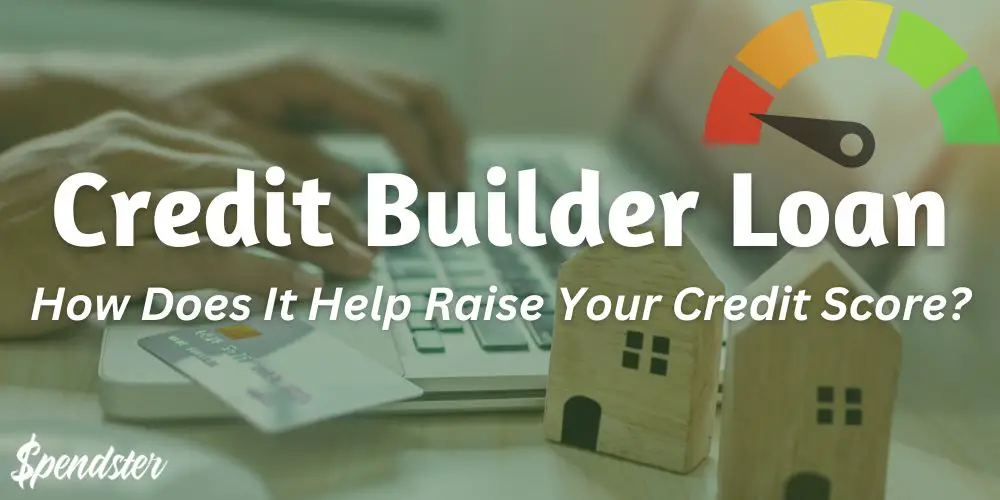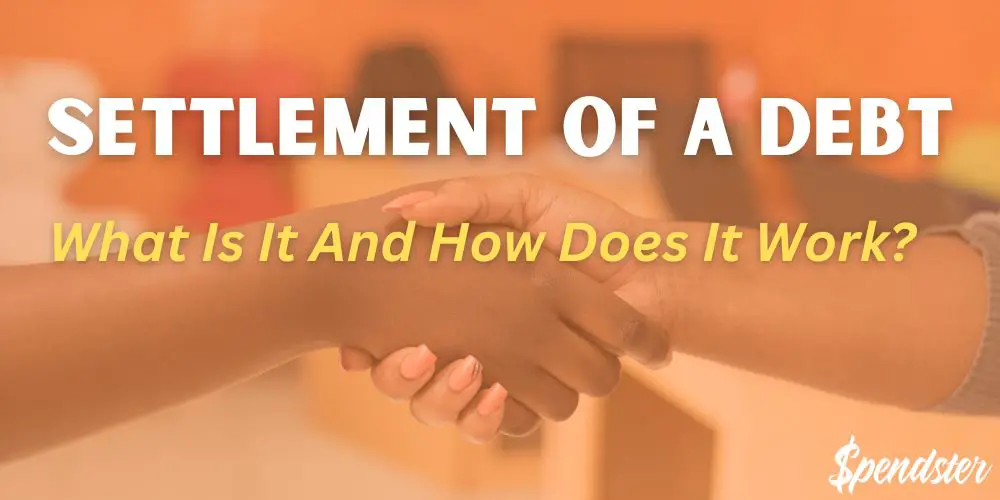Unsecured Debts And How They Affect Your Credit
If you aren’t much of a financial expert, some services and terms might seem a bit confusing. Secured and unsecured debts can have wildly different outcomes to your repayments and ultimately your credit so it is important to know the difference between the two.
In short, unsecured debts are loans or credit that don’t require any collateral in return for receiving the money. If you fail to pay, the creditor could send you to collections, harass you, etc but they wouldn’t be able to take anything you own, at least not without dragging you to court first.
On the other hand, if there were a secured loan delinquency, the creditor can potentially use your car or house as collateral to recover a portion of the losses.
But, what happens with unsecured debt, since there’s nothing to repossess? Keep reading as we dig deeper into this dilemma to see what you can expect when you take on unsecured loans.
Key Takeaways
- Unsecured debt comes from loans that don’t use collateral that can be repossessed in case of delinquency
- Unsecured loans pose a higher risk for the creditor, so the interest rates are usually higher as well
- Some of the main unsecured loans available include personal loans, credit cards, student loans, and medical loans
- In case of delinquency, creditors can report the debt to credit bureaus and sell your debt account to collection agencies or on the secondary market
What’s An Unsecured Loan?
An unsecured loan is any type of loan that comes without collateral that a creditor can use in case of delinquency. So, it’s a naturally higher risk for the creditor, as there’s a slim chance of protection if the consumer starts missing payments.
The major differences between secured and unsecured loans besides the lack of collateral are higher interest rates.
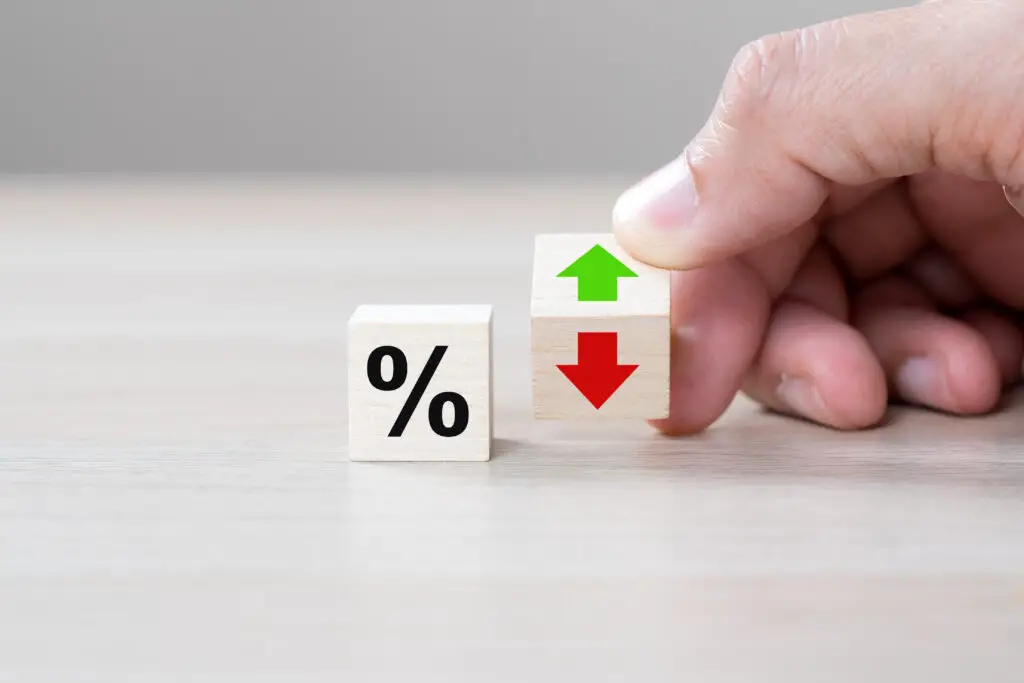
Even granting an unsecured loan poses a risk for the creditor, and that risk is compensated with higher interest payments.
Unsecured debt refers to the amount you owe to a lender that has nothing tangible backing it. Think of it like a hand shake agreement.
The lender can’t use your car or house to recoup your missed payments if you start to default. Think of it this way – it’s better for you since you won’t have to worry about your property being repossessed.
However, it’s also more expensive due to high-interest rates, and don’t think you can default on the loan just because there’s nothing to repossess.
You can still suffer damage to your credit report and credit score, and even risk going to court for missed payments. So, it’s something that should be taken seriously, like any secured loan for that matter.
Secured Loans Vs Unsecured Loans
The best example to describe the difference between secured and unsecured loans is getting a car loan. Car loans can either be secured or unsecured.
If you take a secured loan, the creditor can use the vehicle itself as collateral. So, if you miss even a single payment, you risk the car being repossessed by the creditor within 30 days from the missed due date.
If this happens, a repo man will come for your car, and the creditor may use it to recover a portion of the losses by selling the car.
However, the vehicle usually gets placed in an auction, so it’s usually sold for less than it’s valued for, so you’ll still have to pay for the difference.
In this scenario, you won’t have your car anymore, but you’ll still owe money on it. Sometimes it’s even possible to turn your car in yourself if there’s an unpredicted financial situation that causes your loan delinquency.
As a gesture of goodwill, the creditor might allow you to sell the car in this case, so you might be able to sell it at a fairer price and end up with a lower leftover debt.
Unsecured car loans, on the other hand, are a completely different story. An unsecured car loan includes the creditor writing you a check on the agreed loan sum which you can use to buy a car.
You can buy whatever car you want for the sum, and it won’t be repossessed in case of loan delinquency. Of course, not everything is so easy with an unsecured car loan.
First of all, there will certainly be a higher interest rate associated with the loan. Also, you’ll need a FICO score of at least 720 to qualify for an unsecured car loan, and often even higher.
Failing to repay the loan might not result in a repossession, but it might result in a court order against you. If the creditor chooses to pursue you legally, you might end up having to pay the loan amount plus additional fees and penalties.
If the case doesn’t make it to court, you’ll still face charge-offs and collections on your credit report. The creditor will report your delinquency to credit bureaus and you’ll end up with a long-lasting stain on your credit report and great damage to your credit score which makes it harder to get a new loan.
Types Of Unsecured Loans
Upon the mention of unsecured debt, the first thing that comes to mind is credit card debt. However, there are also other types of loans that fall under this category. The common thing is that you’ll get a negative mark on your credit report for missing any payment regardless of the loan type.
So, if you fail to pay on time, the missed payment might stay on your report for up to 7 years. We already went through auto loans based on our example of the difference between secured and unsecured loans, so let’s see what happens with other forms of unsecured debt.
1) Unsecured Personal Loans
Personal loans are one of the main types of unsecured debt, and you can get one of these from a bank, credit union, or online lender. The good thing about these loans is you can use the funds for whatever purpose you choose.
It’s one of the main unsecured debt products and can be used for everything from funding a business start-up, to debt consolidation and paying for vacations.
The thing you should have in mind about these loans is that they carry a high risk for the creditor. Since there’s no collateral, you can’t expect the interest rates to be low.
Still, it also vastly depends on your credit score. If you have a good credit rating, interest rates on a personal loan will be lower.
Your credit rating could also influence the longevity of the loan. Personal loans are mostly granted for periods between 6 months to 5 years.
You can also expect to get a fixed interest rate, which is a good thing for a long-term loan. The APR ranges from 6% to 20%, so that’s another thing to keep in mind. Based on the creditor, you might even be able to borrow larger sums up to $50,000.
Most personal loans are used for home repairs or paying off your other outstanding debts. Make sure to keep in mind the high interest paid on a personal loan and the consequence it might leave on your report if you miss a payment before taking it.
2) Credit Card Debt
Among the examples of unsecured debt, credit card debt is the most common one. Qualifying for a credit card requires a good credit score and it gives you the chance to use a revolving line of credit.
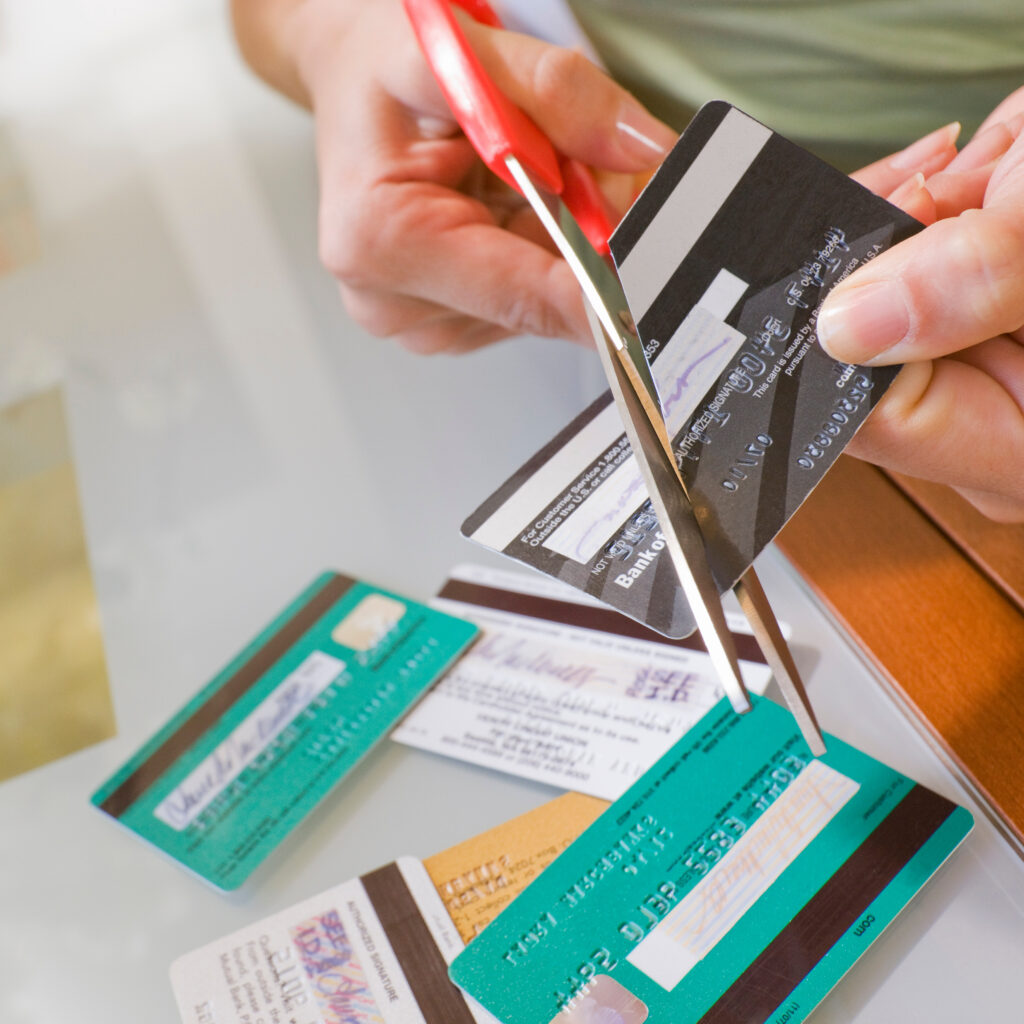
There’s also the option to use a secured credit card where your deposit counts as collateral. These are mostly used for boosting credit scores, and their application is quite different than a regular unsecured credit card.
Consumers are obligated to pay interest on any balances not paid in full every month and make at least minimum monthly payments. Keeping your credit card balances paid can also boost your credit score since you won’t be using much of your leftover revolving credit.
This reduces credit utilization, which is a factor that contributes 30% to your credit score.
If you fail to make timely payments on your credit card debt, you might end up having to pay a penalty fee or an additional APR rate.
Things get even worse if your account goes into collections. In this case, you’ll have a missed payment account on your credit report, and a collections account which could stay on your report for 7 years each.
3) Student Loans
Private student loans are another example of unsecured debt and these loans are used to pay for college tuition and education expenses.
Students can take loans from the federal government or entities like credit unions or private lenders.
It’s a good thing that the government proposes a fixed interest rate on student loans, and this interest stays the same throughout the loan.
Not being able to repay the loan also results in a missed payment listing on your report that could affect your credit history for 7 years.
However, it’s sometimes possible to ask for forgiveness and use other consumer protection rights given by the government concerning student loans. It could be possible to re-negotiate the loan terms and set the repayment installments based on your income.
4) Medical Debt
Loans taken to pay for medical bills are one of the most common examples of unsecured debt and these do come with some benefits for consumers.
The new regulation gives you the chance to get a medical debt collection removed from your report if you pay it within a year. The account won’t stay on your report, which is a unique form of unsecured debt benefit.

Medical loans are approved quickly and the interest rates are often more convenient when compared to regular personal loans.
It’s possible to ask for forgiveness or approach medical debt settlement if you can’t repay the loan, but it all depends on the amount and the creditor.
As of 2022, any medical debt amount under $500 won’t be listed on your credit report. Also, it’s possible to get an extended repayment schedule for medical loans, usually up to 5 years.
5) Payday Loans
Payday loans might be the worst kind of unsecured debt due to their excessive interest rates and short repayment periods. Of course, since there’s no collateral and the interest is so high, you can even get approved for these loans with poor credit history.
You’ll mostly have to agree to have the amount deducted from your next paycheck, and that’s why payday lenders are willing to take chances with bad credit consumers.
If you fail to repay a payday loan on time, you face consequences like having the debt account sold to collection agencies.
Given their nature, these loans are mostly used to deal with sudden expenses between paychecks, since you can get same-day approval via online payday lenders.
Getting Approved For Unsecured Loans
Now you can see why secured debt and unsecured debts are so different. While the approval process is quite similar, there are some drastic differences.
First, you generally need a high credit score to get approved for any form of unsecured debt. Getting approved for a credit card, for example, might be impossible with a bad score, so you might have to prove your creditworthiness through secured credit cards first.
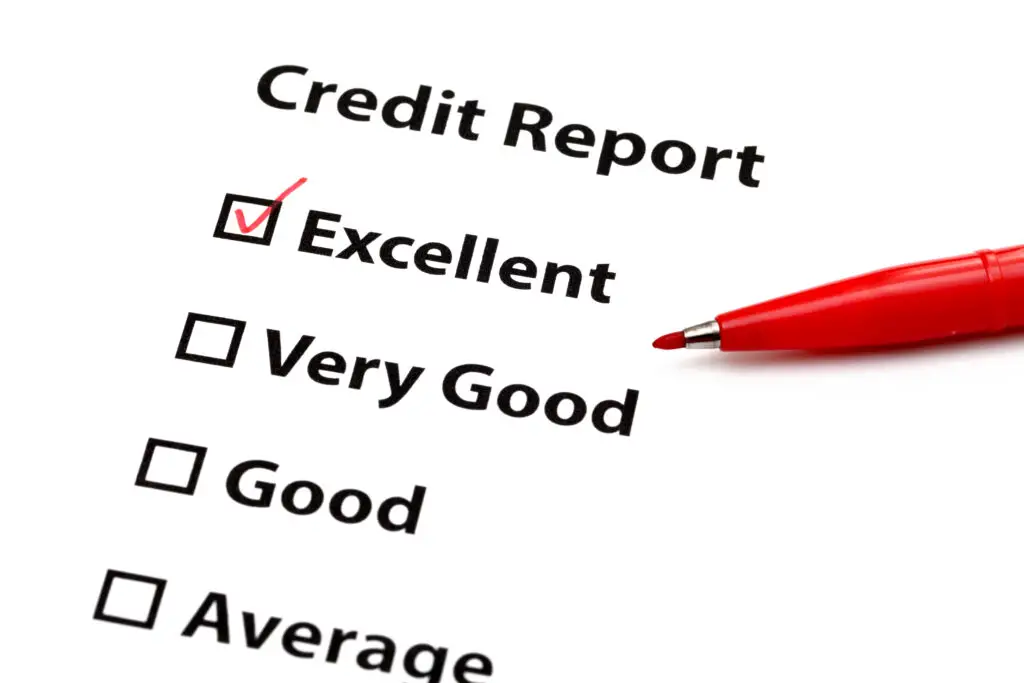
On average, you’ll need a credit score between FICO 720 and FICO 800 to get approved for any sort of unsecured loan with a convenient interest rate.
Interest rates for borrowers with a credit score around FICO 700 will be much higher than those for consumers with a credit score in the range of FICO 800.
You can get a co-signer to get approved for a personal loan or any other type of unsecured loan easier.
It’s also much more difficult to re-negotiate the loan terms when compared with loans that come with collateral attached.
If you fail to repay unsecured debt, you’ll most likely face collections and court orders so it’s best to shop around and rethink your options before you decide to go for an unsecured loan.
Final Thoughts
Ultimately, it makes more sense to go for a secured loan if possible, like taking a secured car loan instead of an unsecured auto loan.
However, sometimes unsecured debt is your only option, like with medical bill loans or a student loan. Make sure to consider the consequences of not paying on time and to shop around to find the loan with the most convenient interest rate for your credit score.
Frequently Asked Questions (FAQ):
What is an example of unsecured debt?
Some of the main examples of unsecured debts are student loans, personal loans, medical bills, and credit card debt. They are all the loan types that don’t include having collateral, so the repayment period could be shorter and they might come with higher interest paid due to a higher risk they pose for the lender.
What happens if you don’t pay your unsecured debts?
If you don’t pay unsecured debt, you’ll likely deal with collection accounts on your credit report, or the creditor might choose to take legal action and request that you pay the debt plus fees in court.
What’s the main difference between secured and unsecured debt?
The main difference between secured and unsecured loans is that the creditors of secured loans can repossess your collateral to recover a portion of lost funds if you default, while unsecured debt isn’t backed up by collateral and therefore comes with higher interest paid.

